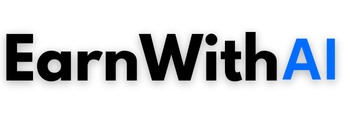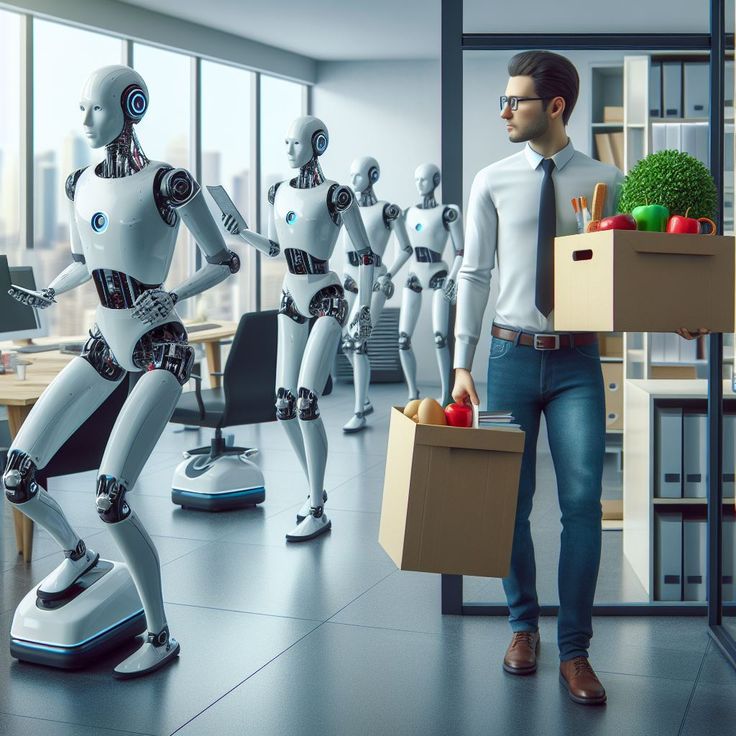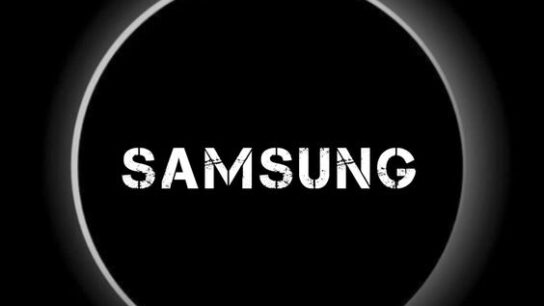The rapid advancement of artificial intelligence (AI) has sparked widespread concern about the future of work. Will AI take over jobs? What can AI do in the future? These are pressing questions that many people, from industry leaders to everyday workers, are asking. As AI technology continues to evolve, it’s crucial to understand the future implications of AI on society, the job market, and humanity as a whole.
What is the Future of AI?
AI and the future are intertwined in ways that are still unfolding. The future of AI is marked by significant progress in machine learning, natural language processing, and robotics. These advancements suggest that AI will play a pivotal role in various industries, from healthcare to finance, and even in creative fields like art and music.
AI and the Future of Humanity
Artificial intelligence and the future of humans are topics of intense debate. Some experts believe that AI will lead to unprecedented technological advancements, improving our quality of life in numerous ways. However, there are also concerns about the impact of AI on society, particularly in terms of job displacement and the ethical implications of machines making decisions that affect human lives.
How Will AI Affect the Future of Work?
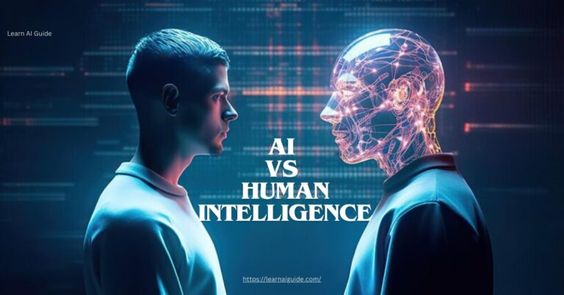
The future of artificial intelligence will undoubtedly bring changes to the workforce. AI’s ability to perform tasks that were once reserved for humans—such as data analysis, decision-making, and even complex problem-solving—means that some jobs may become obsolete. However, the impact of artificial intelligence on society is not solely negative. While AI may replace certain roles, it will also create new opportunities for employment, particularly in fields that require a high level of creativity, emotional intelligence, and complex problem-solving.
The Future Implications of AI on Employment
One of the key concerns about the future of artificial intelligence is its impact on jobs. AI has the potential to automate tasks in industries such as manufacturing, retail, and even healthcare. This automation could lead to job losses, particularly in roles that involve routine tasks. However, AI technology also has the potential to create new jobs in emerging industries, such as AI development, AI ethics, and AI-driven product design.
What Will AI Do in the Future?
The possibilities for what AI can do in the future are vast. AI will likely continue to improve in areas such as pattern recognition, predictive analytics, and autonomous systems. These advancements could lead to breakthroughs in healthcare, such as personalized medicine, as well as innovations in transportation, such as self-driving cars. The future with AI also holds promise for enhancing education, enabling personalized learning experiences that adapt to individual students’ ne
What AI Can Do: A Look into the Future
How Artificial Intelligence Will Change the Future
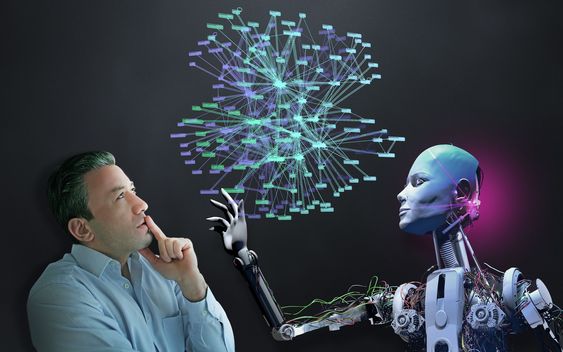
AI is poised to change the future in ways that we are only beginning to understand. One of the most significant changes will likely be in the way we work. As AI becomes more integrated into various industries, the demand for human workers in certain roles may decrease. However, AI could also augment human capabilities, allowing us to perform tasks more efficiently and effectively. This symbiotic relationship between humans and AI could lead to new ways of working that are more productive and fulfilling.
The Future with AI: A Balanced Perspective
The future of AI is neither entirely bleak nor entirely bright. While AI has the potential to disrupt industries and displace jobs, it also offers opportunities for innovation and growth. The key to navigating the future with AI is to focus on how we can harness its potential to benefit society as a whole. This may involve investing in education and training programs that prepare workers for the jobs of the future, as well as developing ethical guidelines to ensure that AI is used responsibly.
Is AI the Future?
The question of whether AI is the future is a complex one. AI is undoubtedly a significant part of the future, particularly in how it will shape industries, economies, and societies. However, the future of AI will depend on how we choose to develop and implement this technology. By focusing on ethical AI development and ensuring that the benefits of AI are shared equitably, we can create a future where AI enhances human capabilities rather than replaces them.
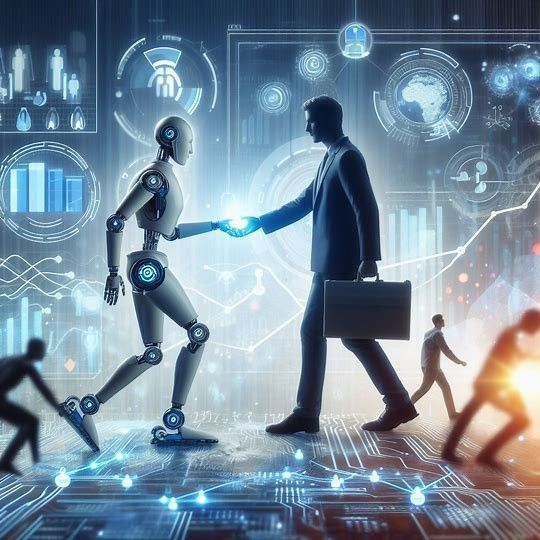
FAQs
1. How will AI affect jobs in the future?
AI is expected to automate routine tasks, potentially leading to job displacement in certain industries. However, it will also create new opportunities in emerging fields related to AI development, ethics, and applications.
2. What industries will be most impacted by AI?
Industries such as manufacturing, retail, healthcare, and finance are likely to be most impacted by AI due to its ability to automate routine tasks and analyze large datasets.
3. Can AI replace human jobs entirely?
While AI can automate certain tasks, it is unlikely to replace human jobs entirely. Many jobs require creativity, emotional intelligence, and complex decision-making, which are areas where humans excel.
4. How can we prepare for the future with AI?
Investing in education and training programs that focus on AI-related skills, as well as developing ethical guidelines for AI use, are essential steps in preparing for a future with AI.
5. What are the ethical concerns surrounding AI?
Ethical concerns surrounding AI include issues related to privacy, decision-making, bias, and the potential for AI to be used in harmful ways. Ensuring that AI is developed and used responsibly is crucial for addressing these concerns.
Conclusion
AI and the future are inextricably linked, with AI technology set to play a significant role in shaping the future of work and society. While there are concerns about the impact of artificial intelligence on jobs, there are also opportunities for growth and innovation. By taking a balanced approach to AI development and focusing on how AI can be used to benefit humanity, we can create a future where AI enhances our lives rather than detracts from them.
